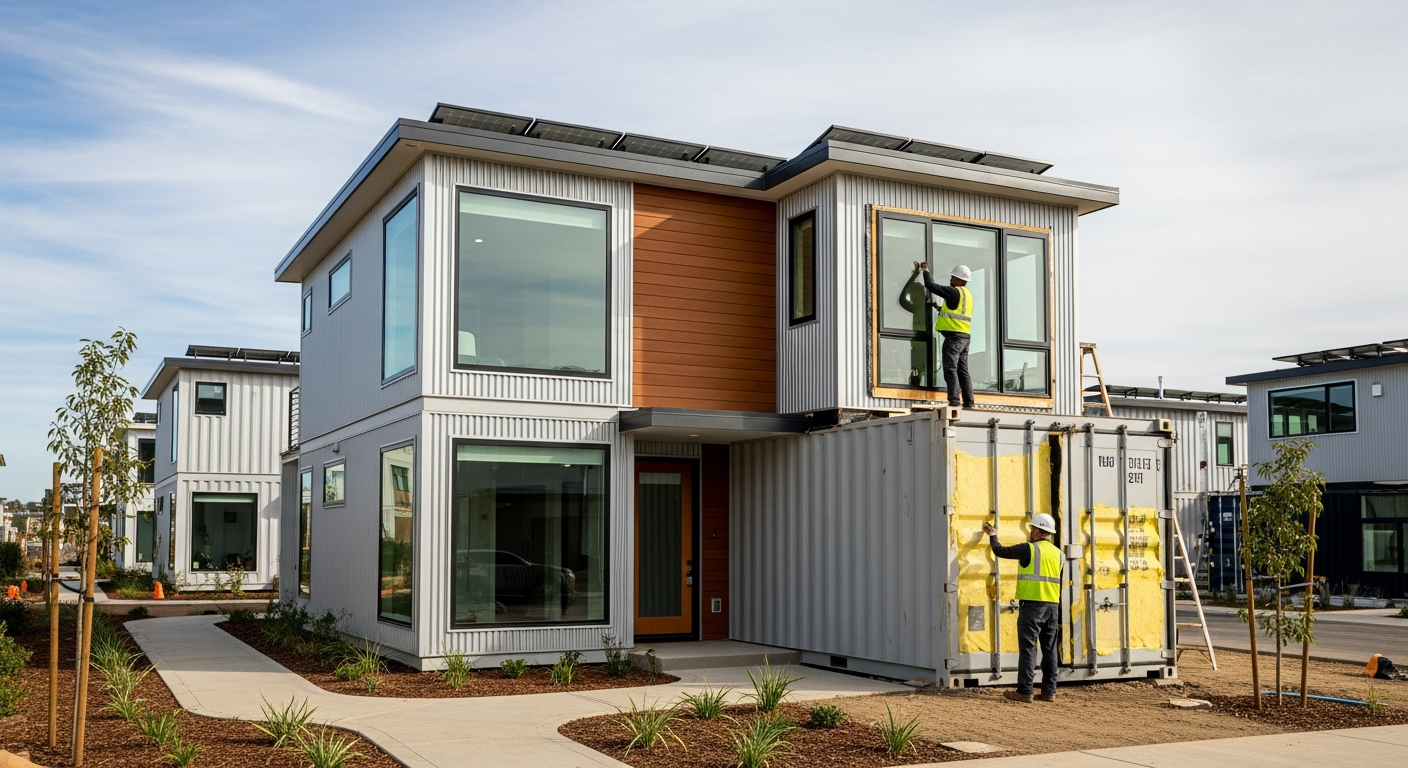Considering Senior Living? What to Know First
Choosing the right senior living option can feel overwhelming at first, but understanding what to look for can make all the difference. This guide explains the key differences between senior apartments, assisted living, and other care types—so you can make an informed, confident decision based on your needs, budget, and lifestyle.

What are the Types of Senior Living Arrangements?
Senior living encompasses a range of housing options designed to cater to different levels of care and independence. Independent living communities are ideal for active seniors who can manage daily tasks but desire a maintenance-free lifestyle. Assisted living facilities offer additional support with activities of daily living, such as medication management and personal care. Memory care units provide specialized care for those with Alzheimer’s or other forms of dementia. Continuing care retirement communities (CCRCs) offer a tiered approach, allowing residents to transition between levels of care as their needs change over time.
What Should You Consider Before Moving to Senior Housing?
Before making the move to senior housing, it’s essential to evaluate several factors. First, assess your current and anticipated future care needs. Consider your preferences for location, amenities, and social activities. Evaluate the community’s reputation, staff qualifications, and resident satisfaction. It’s also crucial to review the facility’s policies on pets, visitors, and personal belongings. Additionally, think about proximity to family, friends, and healthcare providers. Touring multiple communities and speaking with current residents can provide valuable insights into daily life and help you determine the best fit for your lifestyle and needs.
How Can You Compare Assisted Living Communities?
When comparing assisted living communities, it’s important to look beyond surface-level amenities. Start by examining the range of services offered, including medical care, meal plans, and recreational activities. Assess the staff-to-resident ratio and the qualifications of caregivers. Review the community’s safety features, emergency response systems, and policies for handling medical emergencies. Consider the living spaces themselves, including room sizes, layouts, and options for personalization. Don’t overlook the importance of the community’s culture and social atmosphere, as these factors can significantly impact quality of life.
What are the Benefits of Independent Senior Apartments?
Independent senior apartments offer numerous advantages for older adults seeking an active, low-maintenance lifestyle. These communities often provide a range of amenities such as fitness centers, social activities, and communal spaces that promote interaction and engagement. Residents benefit from the freedom of independent living while enjoying the security of a senior-focused environment. Many communities offer services like housekeeping and transportation, allowing residents to focus on their interests and hobbies. Additionally, the opportunity to live among peers can foster new friendships and a sense of community, contributing to overall well-being and quality of life.
What are the Costs and Financial Considerations for Senior Living?
Understanding the financial aspects of senior living is crucial for long-term planning. Costs can vary significantly depending on the type of community, level of care required, and geographic location. To provide a clearer picture, let’s compare some common senior living options:
| Type of Senior Living | Average Monthly Cost | Typical Services Included |
|---|---|---|
| Independent Living | $1,500 - $4,000 | Housing, meals, activities, basic maintenance |
| Assisted Living | $3,500 - $6,500 | Housing, meals, personal care, medication management |
| Memory Care | $5,000 - $8,000 | Specialized care for dementia, 24/hour supervision |
| Nursing Home Care | $7,000 - $10,000 | 24/hour skilled nursing care, rehabilitation services |
Prices, rates, or cost estimates mentioned in this article are based on the latest available information but may change over time. Independent research is advised before making financial decisions.
When considering costs, it’s important to factor in potential financial resources such as long-term care insurance, Veterans benefits, or Medicaid for those who qualify. Some seniors choose to sell their homes or use reverse mortgages to finance senior living expenses. It’s advisable to consult with a financial advisor to explore all available options and create a sustainable long-term plan.
Choosing the right senior living arrangement is a significant decision that requires careful consideration of various factors. By understanding the types of communities available, evaluating personal needs and preferences, comparing options thoroughly, and planning for financial implications, seniors and their families can make informed choices that enhance quality of life and provide peace of mind for the future.




